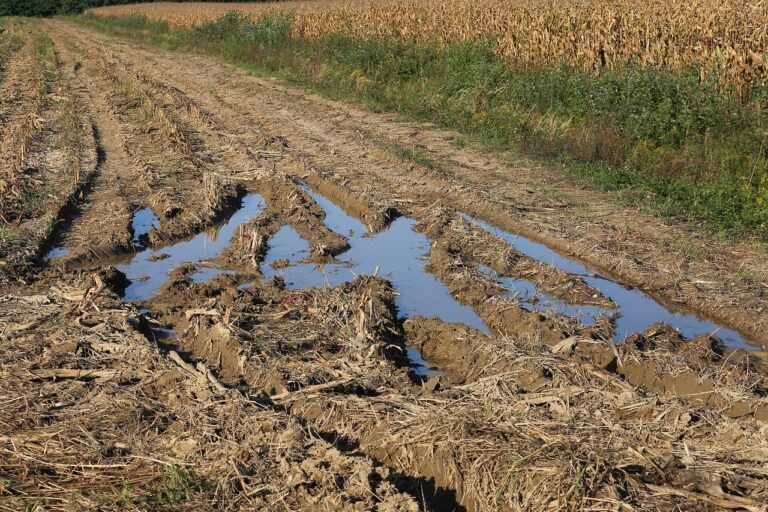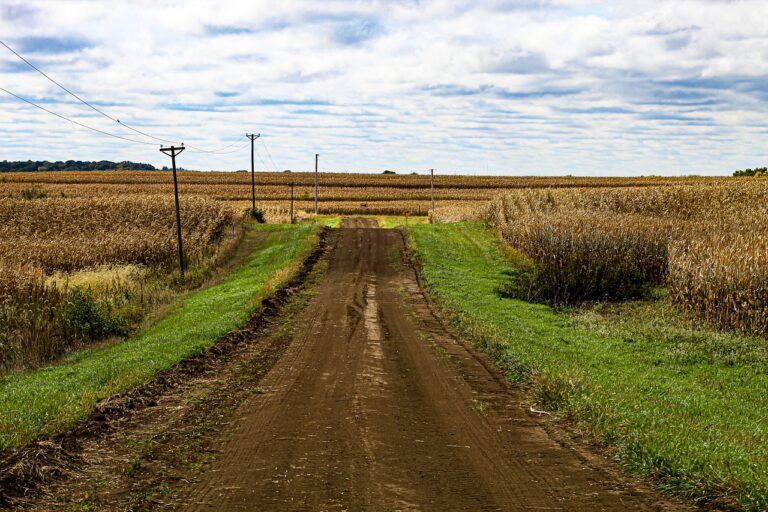The impact of sustainable honey production on agritourism
In recent years, sustainable honey production has emerged as a key driver of growth in the agritourism industry. As consumers become more conscious of environmental issues and seek out sustainable products, the demand for ethically produced honey has increased significantly. This trend has had a profound impact on agritourism businesses, leading to new opportunities for growth and development. In this article, we will explore the various ways in which sustainable honey production is shaping the future of agritourism.
Benefits of Sustainable Honey Production
Sustainable honey production offers a wide range of benefits for both the environment and local communities. By implementing sustainable practices such as organic beekeeping, habitat conservation, and ethical harvesting techniques, honey producers can minimize their impact on the environment while also ensuring the well-being of the bees and other pollinators. This commitment to sustainability not only helps protect the delicate ecosystems that support honey production but also contributes to the overall health of the planet.
Impact on Local Economies
One of the key benefits of sustainable honey production is its positive impact on local economies. By supporting small-scale, family-owned honey businesses that prioritize sustainability, consumers can help create new opportunities for economic growth in rural communities. Agritourism ventures that focus on sustainable honey production can attract visitors who are interested in learning more about beekeeping, pollinator conservation, and sustainable agriculture. This influx of tourists can help generate revenue for local businesses, create jobs, and boost the overall economy of the region.
Enhancing the Visitor Experience
For agritourism businesses, sustainable honey production offers a unique opportunity to enhance the visitor experience. By offering educational tours, workshops, and hands-on experiences related to beekeeping and honey production, businesses can attract a diverse range of visitors and create memorable experiences that keep them coming back for more. Sustainable honey production can also provide a compelling story for businesses to share with their customers, helping to build brand loyalty and strengthen relationships with the local community.
Challenges and Opportunities
While sustainable honey production presents numerous benefits for agritourism businesses, it also comes with its fair share of challenges. From ensuring the health and welfare of the bees to navigating complex regulations and market demands, honey producers face a variety of obstacles in their quest for sustainability. However, with the right approach and a commitment to best practices, businesses can overcome these challenges and capitalize on the many opportunities that sustainable honey production has to offer.
Future Trends and Outlook
As consumer preferences continue to shift towards sustainable and ethically produced goods, the future of sustainable honey production looks bright. Agritourism businesses that embrace sustainability and prioritize environmental stewardship are well-positioned to thrive in the evolving marketplace. By fostering relationships with consumers who value transparency, authenticity, and sustainability, honey producers can build a loyal customer base and create long-term success for their businesses.
FAQs
Q: What is sustainable honey production?
A: Sustainable honey production refers to the practice of beekeeping that minimizes negative impacts on the environment, prioritizes the well-being of the bees and other pollinators, and supports local communities.
Q: How does sustainable honey production benefit the environment?
A: Sustainable honey production helps protect delicate ecosystems, promote biodiversity, and support the health of pollinators such as bees, which play a crucial role in food production.
Q: What can consumers do to support sustainable honey production?
A: Consumers can support sustainable honey production by choosing honey products from producers that prioritize sustainability, purchasing organic and ethically produced honey, and educating themselves about the importance of sustainable beekeeping practices.







